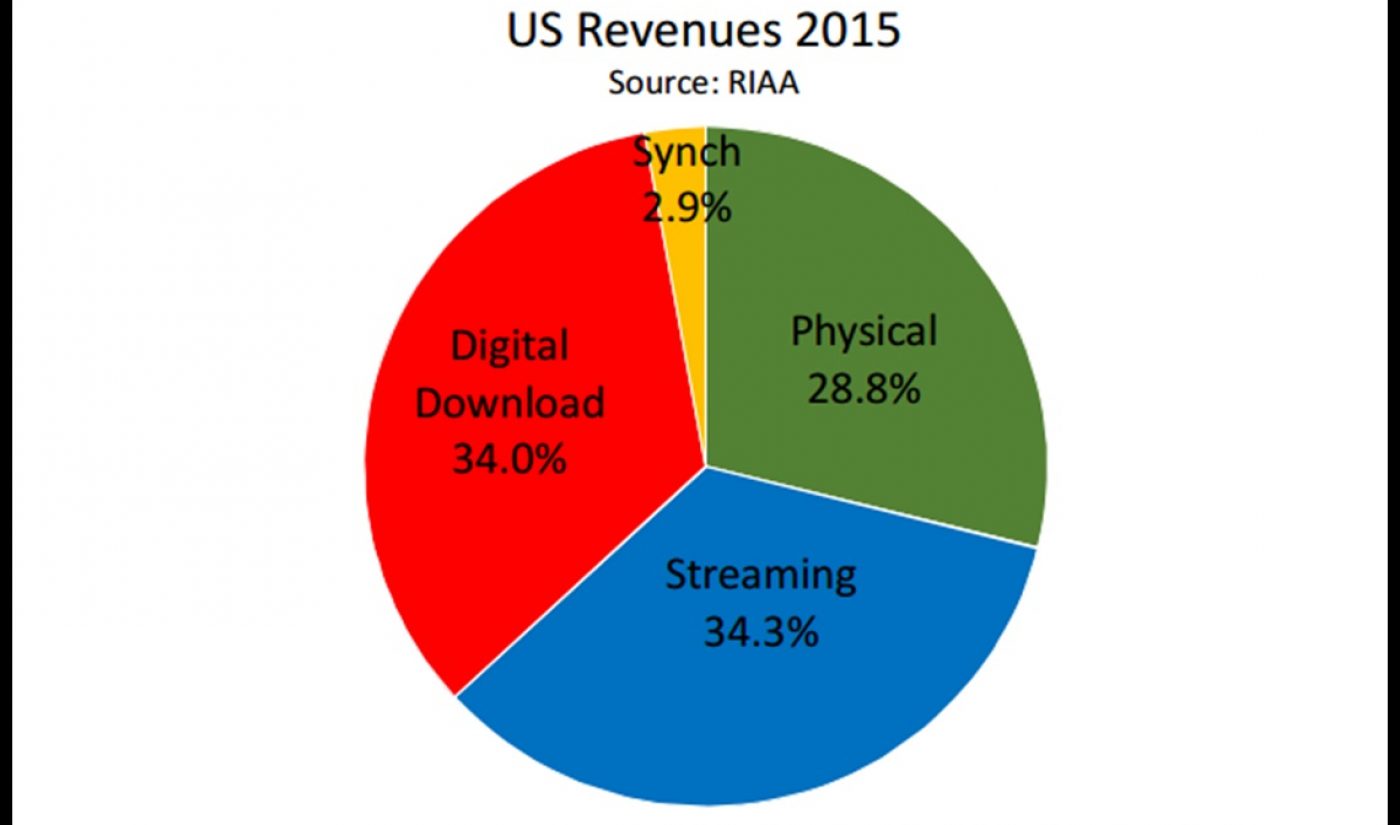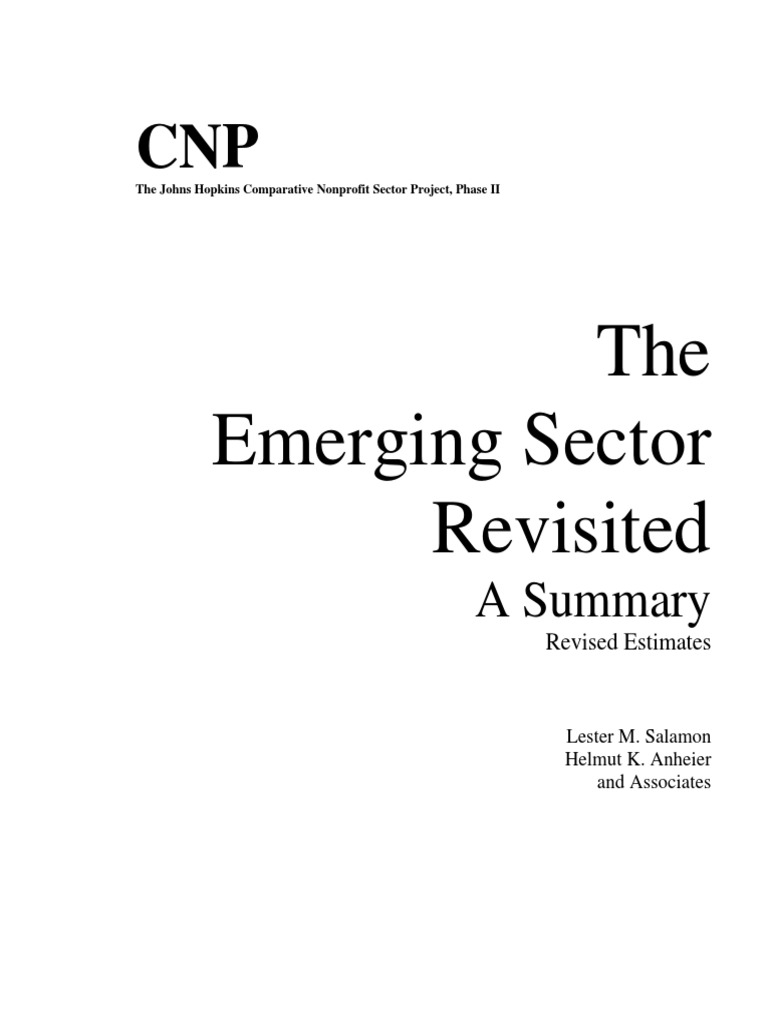EU Trade Policy: Macron's Call For A European-First Approach

Table of Contents
Strategic Autonomy and the "European-First" Principle
The core of Macron's "European-first" approach lies in the concept of strategic autonomy. This means prioritizing European interests in trade negotiations and reducing reliance on external actors for critical goods and technologies. Macron argues that this approach is essential for strengthening European industrial competitiveness and ensuring the bloc's long-term economic security. His vision centers on several key pillars:
-
Reduced reliance on external suppliers: This involves diversifying supply chains and investing in domestic production of crucial goods and technologies, particularly in sectors like technology and pharmaceuticals. This reduces vulnerability to geopolitical shocks and ensures access to essential resources.
-
Strengthening European industrial competitiveness: By prioritizing European businesses in trade negotiations and implementing protective measures where necessary, Macron aims to level the playing field and boost European industry's global standing. This could involve targeted subsidies or tax breaks for strategic sectors.
-
Protecting sensitive sectors from unfair competition: This strategy aims to safeguard European industries from what are perceived as unfair trade practices, such as dumping or intellectual property theft, through the implementation of tariffs or anti-dumping measures. Agriculture and high-tech manufacturing are likely candidates for such protection.
-
Specific sector prioritization: Macron's focus extends to specific sectors deemed vital for Europe's future, including technology (semiconductors, AI), renewable energy, and advanced manufacturing. These sectors are viewed as crucial for economic growth and technological independence.
Impact on Existing Trade Agreements
A "European-first" approach inevitably impacts existing EU trade agreements. Renegotiations or revisions of existing deals with major partners like the US, China, and Canada are possible. This presents both challenges and opportunities:
-
Balancing strategic autonomy with existing commitments: The EU faces a delicate balancing act. Renegotiating existing agreements could risk breaching commitments and triggering trade wars or retaliatory measures from disgruntled trading partners.
-
Risk of trade wars and retaliatory measures: A more protectionist EU could provoke retaliatory tariffs or other trade restrictions from other countries, potentially escalating into trade wars and harming European businesses.
-
Opportunities for strengthening certain aspects of existing agreements: The shift could create opportunities to renegotiate aspects of existing agreements to better reflect European interests, such as enhancing intellectual property protections or addressing concerns related to state-sponsored subsidies. This requires skillful diplomacy and a nuanced approach.
Support for European Industries and Workers
The "European-first" policy is fundamentally about protecting and supporting European industries and workers. This could involve several measures:
-
Job creation and retention: By shielding key industries from foreign competition, the aim is to secure existing jobs and create new ones in strategic sectors.
-
Increased investment in domestic production and innovation: Financial incentives and supportive regulations could encourage investment in domestic production and technological innovation, boosting European competitiveness.
-
Potential negative consequences for consumers: However, increased protectionism can lead to higher prices for consumers as imports become more expensive due to tariffs and reduced competition. This is a significant potential downside.
The Global Implications of a More Protectionist EU
A shift towards a more protectionist EU trade policy carries significant global implications:
-
Impact on global supply chains: A more inward-looking EU could disrupt global supply chains, leading to higher costs and reduced efficiency for businesses worldwide.
-
Reactions from other major trading blocs and countries: Other major economies, such as the US and China, are likely to react negatively to a more protectionist EU, potentially leading to further trade tensions and a fragmented global trading system.
-
Implications for global economic growth: Increased protectionism could stifle global economic growth by reducing trade volumes and hindering efficient resource allocation. The WTO system, already facing challenges, would be further strained.
Navigating the Future of EU Trade Policy with a "European-First" Lens
Macron's "European-first" approach to EU trade policy presents a complex challenge. While prioritizing European interests and strengthening strategic autonomy are laudable goals, the potential risks of protectionism – including trade wars and higher consumer prices – must be carefully considered. The EU must navigate this delicate balance, employing skillful diplomacy and a nuanced approach to ensure a future where European industries thrive while maintaining open and fair global trade relations. To engage further with this critical issue, research specific trade agreements impacted by this initiative, follow news related to EU trade policy, and contact your Member of the European Parliament (MEP) to voice your opinion on the future direction of EU trade and the "European-centric trade policy" currently under consideration. A balanced approach, prioritizing European interests while remaining engaged in the global trading system, is crucial for the EU's long-term economic prosperity.

Featured Posts
-
 Betalbaarheid Woningen Nederland Verschillen Tussen Geen Stijl En Abn Amro
May 22, 2025
Betalbaarheid Woningen Nederland Verschillen Tussen Geen Stijl En Abn Amro
May 22, 2025 -
 Trumps Golden Dome A Detailed Examination Of The Proposed Missile Shield
May 22, 2025
Trumps Golden Dome A Detailed Examination Of The Proposed Missile Shield
May 22, 2025 -
 Streaming Revenue Good News For Creators Challenges For Consumers
May 22, 2025
Streaming Revenue Good News For Creators Challenges For Consumers
May 22, 2025 -
 A Comprehensive Guide To The Countrys Emerging Business Regions
May 22, 2025
A Comprehensive Guide To The Countrys Emerging Business Regions
May 22, 2025 -
 Betalbaarheid Nederlandse Huizenmarkt Analyse Van Abn Amro En Geen Stijl
May 22, 2025
Betalbaarheid Nederlandse Huizenmarkt Analyse Van Abn Amro En Geen Stijl
May 22, 2025
Latest Posts
-
 Bear Safety Partnerships Effective Strategies Using Spray And Training Programs
May 22, 2025
Bear Safety Partnerships Effective Strategies Using Spray And Training Programs
May 22, 2025 -
 Improving Wilderness Safety Collaborative Efforts With Bear Spray And Training
May 22, 2025
Improving Wilderness Safety Collaborative Efforts With Bear Spray And Training
May 22, 2025 -
 Jackson Elk Hunt Season Public Concerns Result In Fewer Permits
May 22, 2025
Jackson Elk Hunt Season Public Concerns Result In Fewer Permits
May 22, 2025 -
 Boosting Safety Through Partnerships Bear Spray And Training Programs
May 22, 2025
Boosting Safety Through Partnerships Bear Spray And Training Programs
May 22, 2025 -
 Public Comment Leads To Significant Changes In Jackson Elk Hunt
May 22, 2025
Public Comment Leads To Significant Changes In Jackson Elk Hunt
May 22, 2025
